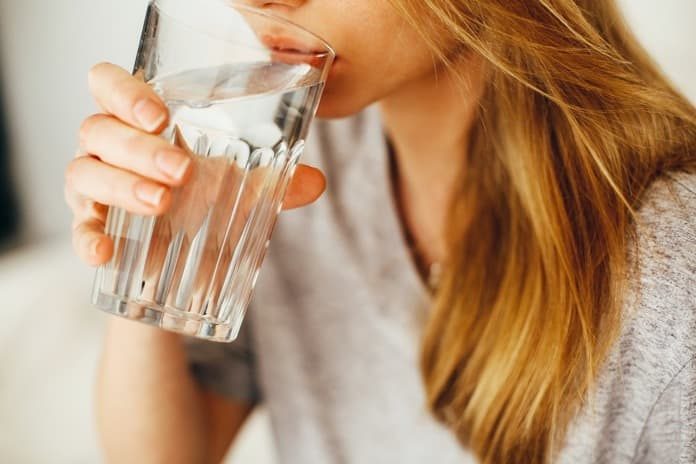A recent study examined hydration in short sleepers and how dehydration, not just poor sleep, causes individuals to feel extremely tired.
Sleep duration has been linked to a number of health outcomes, including obesity, diabetes, cardiovascular disease and chronic kidney disease. However, how sleep affects hydration status in individuals has not been investigated extensively. We know that water is an essential and vital resource to well-being, therefore, identifying factors that affect hydration is essential. Knowing the factors that affect hydration can help us reduce the occurrence of severe outcomes such as urinary tract infection and kidney stones.
Few studies have been conducted that indicate that those who sleep less than seven hours and sleep more than nine hours experience a disruption in their homeostatic systems, which are connected to hydration as well as kidney function, cardiovascular function, and endocrine signalling systems.
A recent study, published in the journal Sleep, examined how sleep duration at night is associated with urinary measures of hydration status in American and Chinese adults. The risk of dehydration is higher when late sleep gets interrupted. Sleep duration is certainly linked to a number of different health outcomes including diabetes, obesity, and chronic kidney disease, however, the impact of sleep on hydration status in adults is something that merits investigation.
The study included over 20,000 adults, including two samples of adults from the Chinese Kailuan Study and the National Health and Nutrition Examination Survey. Participants provided urine samples and answered surveys about sleeping habits which were examined by researchers for understanding hydration biomarkers. The researchers recorded the self-reported duration of sleep and as well as hydration levels according to urine measures.
Tired feeling after a short sleep can also be due to dehydration
The study hypothesises that short duration of sleep is associated with more concentrated urine and a higher probability of less hydration. The findings of the study indicate that people who do not feel very good after a night’s sleep may not just have problems with not being well rested, but also are not well hydrated.
The reason why sleep affects hydration had to do with the body’s hormonal changes. Vasopressin is a hormone released to regulate hydration in the body. It is released through the day as well as at night. In this study, the researchers investigated the night-time release of this hormone in short sleepers.
Vasopressin hormone regulates hydration in the body
Vasopressin is more quickly later in the sleep cycle. Waking up sooner means the body misses out on the window when there is a greater release of the hormone. Dehydration affects functioning on a number of different levels including performance, cognition, mood, and others. Chronic lack of hydration due to sleep interruptions can lead to severe problems including urinary tract infections and kidney stones.
One study limitation is since this is a cross-sectional study, the association is mostly casual. There was also no direct measurement of sleep and only a reported amount of sleep according to the participants. This may not be a measure.
The implications of the study for society are clear. This study recommends that people should focus on getting adequate amounts of sleep to avoid dehydration. An association between kidney health and inadequate hydration is clear and needs to be considered a serious health implication. If dehydration occurs or you feel too tired, as short sleepers often do after a night’s sleep, be sure to stay hydrated throughout the next day by drinking plenty of water.
Written by Sonia Leslie Fernandez, Medical News Writer
Reference: Rosinger, A. Y., Chang, A. M., Buxton, O., Li, J., Wu, S., & Gao, X. (2018). Short sleep duration is associated with inadequate hydration: Cross-cultural evidence from US and Chinese adults. Sleep.



